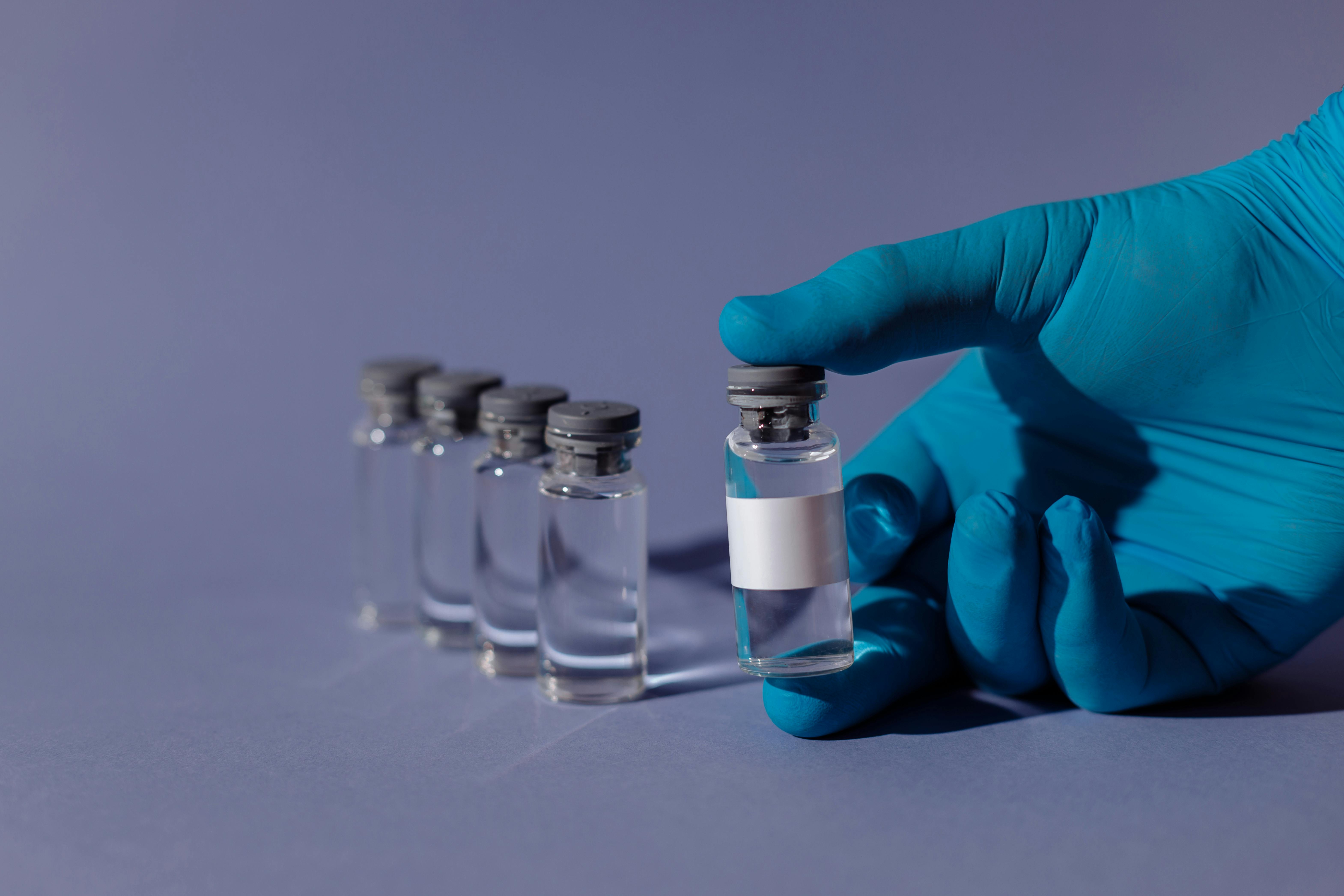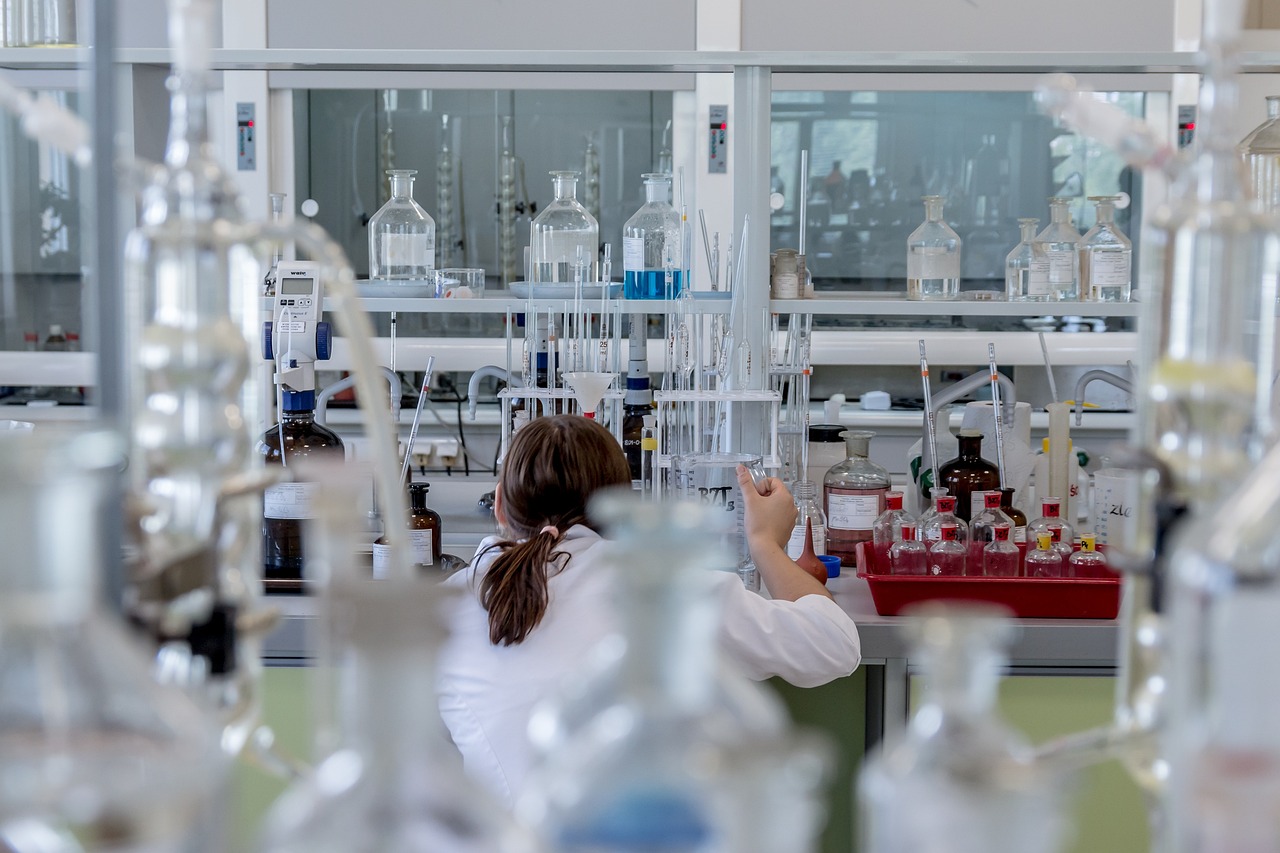7 Mind-Blowing Ways AI is Designing the Drugs of Tomorrow
Enhanced Drug Safety and Efficacy Evaluation

Ensuring the safety and efficacy of new drugs is a critical component of drug development, and AI is playing a pivotal role in enhancing these evaluations. By utilizing predictive modeling and simulation techniques, AI can forecast potential side effects and adverse reactions before a drug reaches clinical trials. This proactive approach allows researchers to modify and optimize compounds early in the development process, reducing the risk of failure and improving the overall safety profile of new drugs. Additionally, AI can continuously monitor post-market data to detect emerging safety signals, ensuring that drugs remain safe and effective throughout their lifecycle.
De Novo Drug Design: Creating Novel Compounds

AI is not limited to optimizing existing drugs; it is also paving the way for de novo drug design, where entirely new compounds are created from scratch. Using generative models and deep learning techniques, AI can explore the vast chemical space to identify novel molecular structures with the desired therapeutic properties. This innovative approach allows researchers to discover compounds that may have been overlooked by traditional methods, opening up new avenues for treating diseases that currently lack effective treatments. De novo drug design holds the promise of expanding the drug discovery pipeline with unique and potent compounds, potentially revolutionizing the treatment landscape.